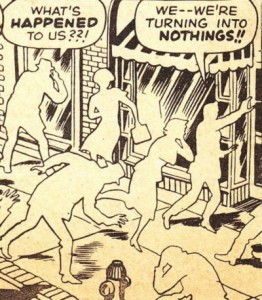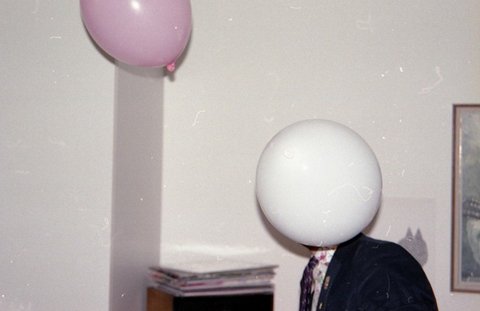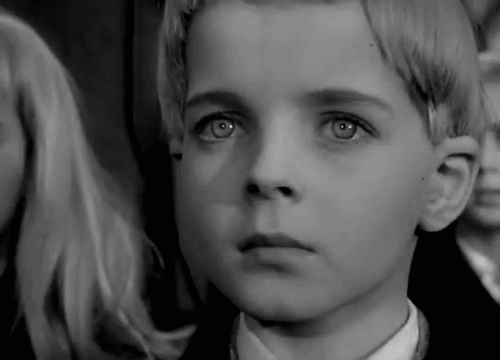The experience of impermanence invites our endless imagination. The real meaning of no self is an exalted self-form. We all have self forms that we need to be taken care of. If we could only see how interconnected our lives are, we could heal the deepest wounds. Maybe that’s why we come here – to see the other Buddhas who come.
In The Lotus Sutra the Buddha explains that the story everyone knows: that he left home to practice, his waking up under a tree and teaching – all that was like a dream. It was just skillful means, but at last, here in The Lotus Sutra, I’m going to tell you the truth. Life is radiant. There’s no need for nirvana. Your practice is to be here together. If you can see someone else in the room as a Buddha then you can become a Buddha.
Body
The Buddha is saying that his body is your body. Your body can always teach you – it is the frame of your experience, your testing ground so that you can know for yourself and be your own authority. But you can also be reassured that there is no place on earth that you can stand that the Buddha hasn’t practiced. Maybe the Buddha wasn’t enlightened under a tree, maybe the Buddha was enlightened in your room, in your body. Maybe your body is the Buddha.
Maybe the Buddha is an attitude of living each moment fully, no holding back.
You can only become a student when you don’t lack anything, otherwise you’re a seeker who is trying to attain something. The path is your life in this moment, it’s unrehearsed and does not involve intention. How many of us have the courage to do that? It’s really hard to practice out there, out that window, in the heat of your conditions.
Chapter 20: The Buddha Never Disparaging
In much of the Pali canon life looks like a bummer. Suffering is everywhere. The Lotus Sutra urges us to lighten up. If your sense of humour isn’t increasing as your practice maybe you should come for an interview. (laughs)
Buddha Great Authority is speaking to Awesome Sound King (whose entire body is a gentle sound, and the only thing that comes out of it is The Lotus Sutra, again and again, the waves of sound reach you wherever you are, they flow into exactly your circumstances). The Awesome Sound King teaches The Lotus Sutra for millions of years and then he burns out and dies and then another Buddha is born with the same name who goes on and teaches. The last Buddha in this line is called Buddha Never Disparaging, and he has a strange practice. He realizes that the dharma that is being taught in his time is false. Have you ever met someone who has so much technique but they lack the feeling of the practice? Perhaps this is a sly dig at the dry Theravada practice. Never Disparaging’s practice is to greet everyone he meets with a bow and to assure them that they are a great Buddha.
Perhaps the most profound thing is when you can have someone who supports you; they can put their hand on your in just the right way, and you feel supported. What could be more profound than if you were that person? How long do you touch their back? How long do you hold the hand of a dying person? Have you heard all those stories about long family death bed vigils, and when everyone leaves the room for five minutes the person dies? They just wanted to be left alone for a moment, not to feel that clinging. Sometimes you hold someone by giving them space, sometimes you hold someone by hugging them with everything you are.
What happens to Never Disparaging? People get unhappy. They treat him badly. They throw rocks at him, they pelt him and abuse him. Who does he think he is? When he is dying there are four enemies who gather, they were the ones primarily responsible for having him ousted from society, for making him an outcast. On his deathbed, Never Disparaging tells them they are all Buddhas, and at last they understand. They get it.
So, the Buddha is telling this story, and then he announces: that was me! I was Never Disparaging, Never Disparaging is the Buddha! And more than that: I never would have been able to understand this sutra (The Lotus Sutra which, in a dizzyingly reflexive postmodern turn, contains the very story he is talking about) for myself if all those people hadn’t given me a hard time. (Maybe this is why we have kids?)
Mark
A few summers ago I took my son to Woodstock, it’s about two hours from New York City. There was a man named Mark Rogosin who had been a patent attorney, but here in Woodstock he would go up to people and give them rocks with the word “Mani” on it, from the Buddhist mantra: Om Mani Padme Hum. Mark became famous in Woodstock for inscribing Buddhist characters onto thousands and thousands of stones and promptly gifting them to whoever would accept. He did this for over twenty-five years, without asking for anything in return.
Clark Strand wrote an article about his friend Mark in a recent issue of Tricycle Magazine. Mark finished law school, became a lawyer, got married, had kids, and then after a year he couldn’t go to work anymore, he had a breakdown, and started living on the streets. Eventually friends helped resettle him in Woodstock. There he took to hoarding other people’s garbage (throwaways that were precious to him), filling his home with other people’s stuff. He started digging a hole in his driveway that he worked on for years, never telling anyone why he was doing it. Was it a reflection on emptiness? Spiritual reality? In his spare time he would write MANI on rocks and whenever he would see someone he would give them a rock – telling everyone they were a Buddha. Many houses in Woodstock and beyond have these rocks. One day he was visited by a couple of students from a nearby monastery who said that he couldn’t just write MANI on a rock, he didn’t have any technique, he didn’t have the proper background, and Mark took this conversation very seriously and so he stopped. Within a few months he was dead.
Is there someone in your life, some terribly unlikely someone, who might be a Buddha, who is teaching you, handing you the rock, offering you their face, only it doesn’t arrive in a form that’s so recognizable?


